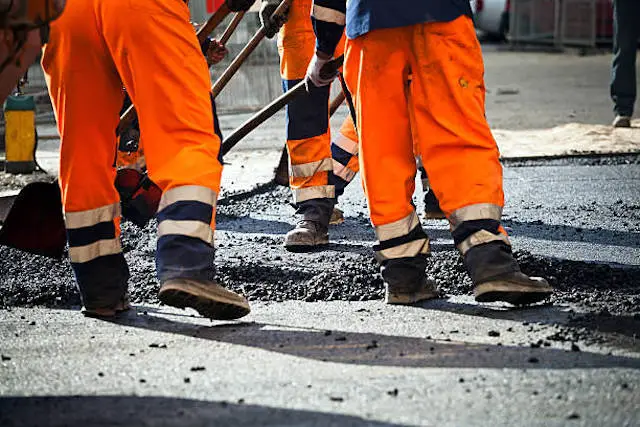The Government of India, the Government of Himachal Pradesh and the World Bank have signed a US $82m agreement to support Himachal Pradesh strengthen its transport network and road safety institutions by improving the condition, safety, resilience, and engineering standards of its state road network.
Himachal Pradesh, a mountain state richly endowed with natural resources, often faces landslides and flash floods that affect its road connectivity. Cloud bursts, more extreme river flows and flooding cause landslides and erosion of embankments and loss of roads or bridges. These events are projected to increase over the next few decades as a result of climate change. To protect against landslides and floods, the project will implement engineering solutions that are plant and natural-based as well as control vehicular emission to address climate risks.
Furthermore, as there is no early warning system in the state, landslides cause fatal accidents. During the snow and rainy season, transportation of agricultural products and tourists, is either terminated or delivered at a high cost. Measures such as creating an emergency response crew, upgrading drainage structures and protecting slide prone areas will help build resilient road infrastructure.
Also Read: Highways England unveils US $35.6bn investment plant to upgrade road networks
Himachal Pradesh State Roads Transformation Project
The Himachal Pradesh State Roads Transformation Project will finance initiatives to build climate and disaster resilient roads; improve road safety along tourism corridors in Himachal; enhance logistics along fruit belts; and support the government’s initiative to create a corporate entity responsible for ensuring well-performing roads. A third of the maintenance contracts under the project will be awarded to women-led Self-Help Groups (SHGs).
Recognizing that road safety is a critical issue, the project will enhance the state’s ability to systematically identify, analyze, develop and prioritize critical road safety measures that will benefit all road users. The ‘Safe Systems’ approach will be adopted in selected districts and heavily trafficked corridors. The state highway patrol will be trained and equipped with surveillance gear. An emergency response system will be established to help connect accident sites with dedicated hospitals for post-crash care and data collection.
The loan from the International Bank for Reconstruction and Development (IBRD), has a final maturity of 15 years including a grace period of five years.

Leave a Reply